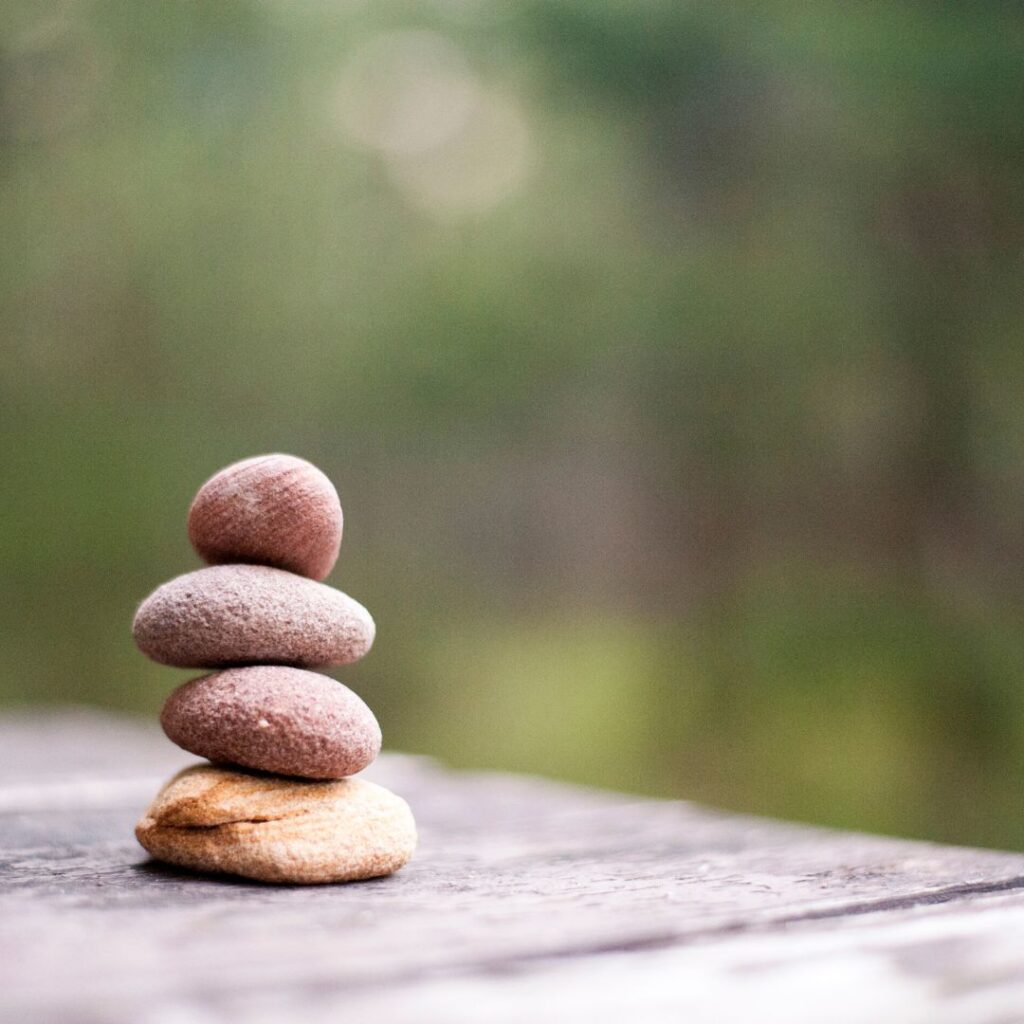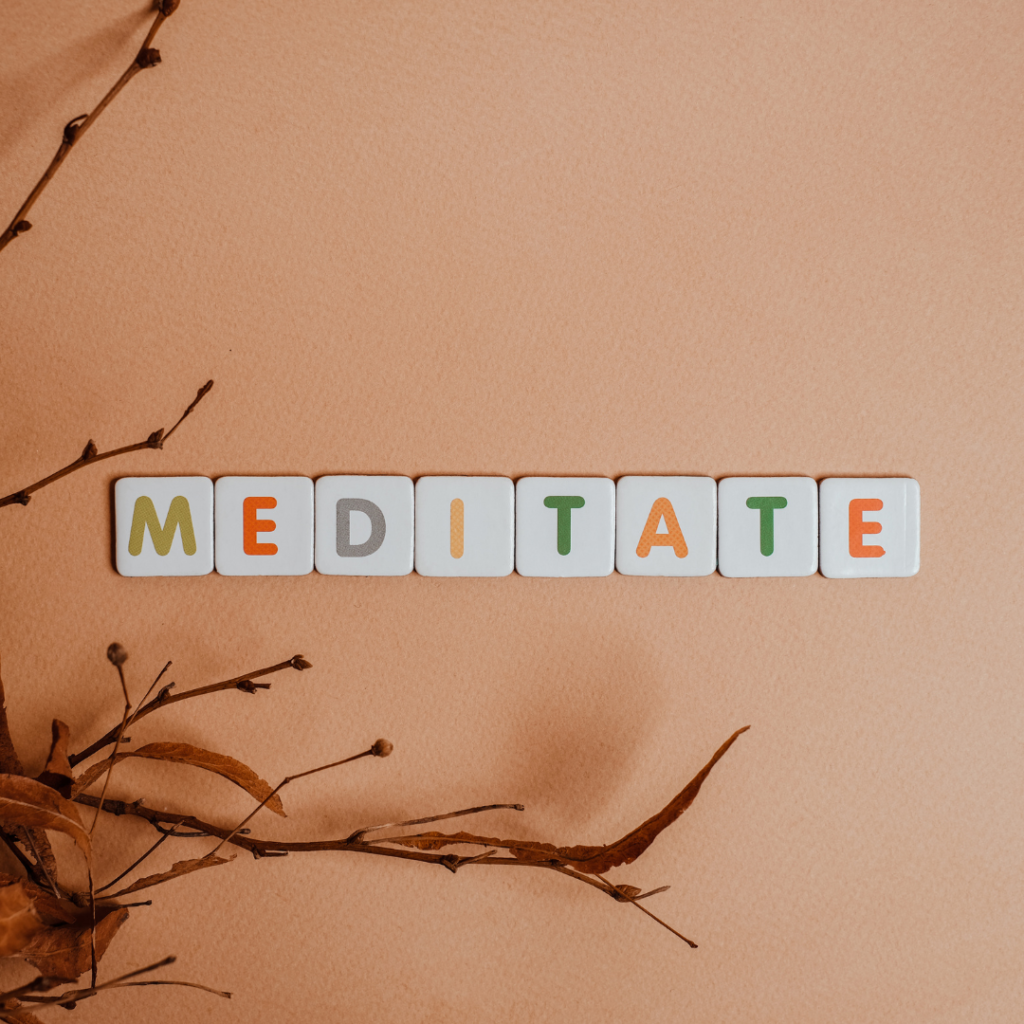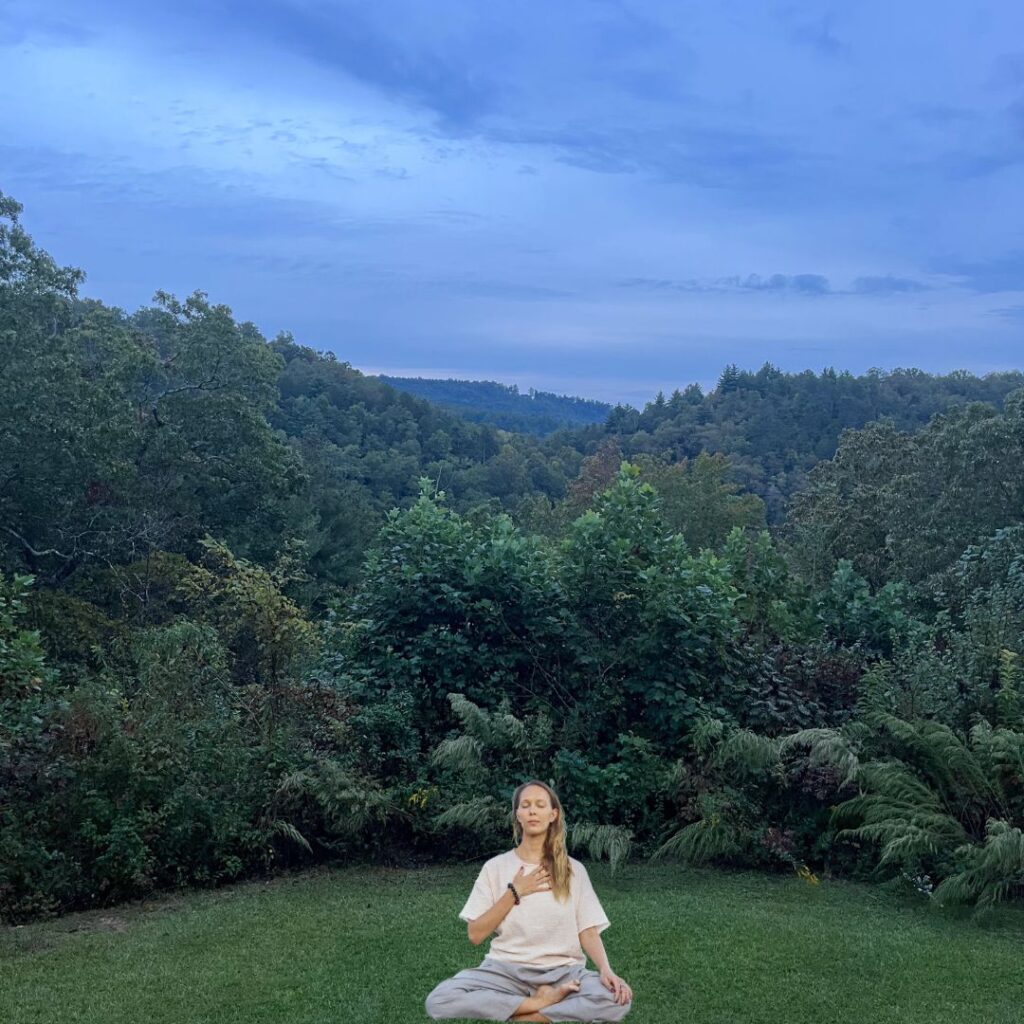In today’s fast-paced world, the practice of meditation offers a sanctuary for the mind and soul. Whether you’re seeking to reduce stress, improve focus, or enhance your overall well-being, meditation can provide a valuable tool for personal growth. If you’re new to meditation, this guide will help you understand its benefits, explore various techniques, and set you on the path to a fulfilling practice.

What is Meditation?
Meditation is a mental practice that involves focusing the mind to achieve a state of clarity, relaxation, and emotional stability. It has been practiced for thousands of years in various cultures and spiritual traditions, often as a means to connect with the self and the universe. At its core, meditation is about being present and aware, allowing you to observe your thoughts and feelings without judgment.

Benefits of Meditation
Meditation offers a multitude of benefits, both mental and physical. Here are some key advantages:
- Stress Reduction: One of the most recognized benefits, meditation helps reduce stress levels by promoting relaxation and calming the mind.
- Improved Focus and Concentration: Regular practice can enhance your ability to concentrate, making it easier to focus on tasks in daily life.
- Emotional Well-Being: Meditation fosters emotional regulation, helping you manage feelings of anxiety, depression, and irritability.
- Increased Self-Awareness: By observing your thoughts and emotions, meditation encourages a deeper understanding of yourself and your behavior.
- Better Sleep: Meditation can improve sleep quality by calming the mind and reducing racing thoughts that interfere with rest.
- Enhanced Creativity: The practice can stimulate creative thinking and problem-solving by promoting a relaxed state of mind.
Types of Meditation for Beginners
As a beginner, it’s essential to find a meditation style that resonates with you. Here are a few popular types:
1. Mindfulness Meditation
Mindfulness meditation focuses on being present in the moment. You observe your thoughts, feelings, and bodily sensations without judgment. A common practice involves focusing on your breath, noticing the inhalation and exhalation.
2. Loving-Kindness Meditation (Metta)
This practice encourages you to cultivate feelings of love and compassion, first toward yourself and then toward others. You silently repeat phrases like “May I be happy” and gradually extend these wishes to friends, acquaintances, and even those with whom you have difficulties.
3. Guided Meditation
In guided meditation, you follow a narrator or teacher who leads you through a meditation session. This can be helpful for beginners, as it provides structure and direction.
4. Body Scan
In this practice, you mentally scan your body from head to toe, paying attention to sensations, tension, or discomfort. It promotes relaxation and body awareness.
5. Mantra Meditation
This involves repeating a specific word or phrase (mantra) to help focus your mind. Common mantras include “Om” or “So Hum.”

How to Get Started with Meditation
Starting a meditation practice can be simple and rewarding. Here are some steps to help you begin:
1. Find a Quiet Space
Choose a quiet, comfortable place where you won’t be disturbed. This could be a corner of your home, a garden, or a park.
2. Set a Time Limit
As a beginner, start with short sessions, such as 5-10 minutes. As you become more comfortable, gradually increase the duration.
3. Get Comfortable
Sit or lie down in a comfortable position. You can sit cross-legged on the floor, on a chair with your feet flat on the ground, or lie down if you prefer.
4. Focus on Your Breath
Close your eyes and take a few deep breaths. Then, shift your attention to your natural breathing pattern. Notice the sensation of the breath entering and leaving your body.
5. Observe Your Thoughts
Inevitably, your mind will wander. When it does, gently bring your focus back to your breath without judgment. This is a crucial part of the practice—acknowledging distractions and returning to the present moment.
6. End with Gratitude
When your session is complete, take a moment to reflect on your practice. Open your eyes and express gratitude for taking this time for yourself.

Tips for Sustaining Your Practice
- Create a Routine: Try to meditate at the same time each day to build consistency. Morning or evening works best for many people.
- Be Patient: Meditation is a skill that takes time to develop. Be patient with yourself and recognize that it’s normal for your mind to wander.
- Use Resources: Consider using apps or guided recordings to help structure your sessions. Apps like Headspace, Calm, or Insight Timer offer valuable resources for beginners.
- Join a Community: If you feel comfortable, consider joining a local meditation group or an online community. Sharing your experiences with others can enhance your practice.
- Explore Different Styles: Don’t hesitate to try various types of meditation to find what resonates with you. Everyone’s journey is unique.
Conclusion:
Meditation is a powerful tool for fostering inner peace and well-being. As a beginner, it’s important to approach the practice with an open mind and heart. Remember that meditation is a journey, not a destination. By dedicating even a few minutes each day to this practice, you can experience profound benefits that enhance your overall quality of life. So, take a deep breath, find your quiet space, and embark on your meditation journey today. Your mind and body will thank you!
Want to learn more and start your mediation journey with a step-by-step Guide Book for Beginners? This Beginner Meditation Guide Book offers information, insight, exercises AND worksheets to walk you through the process of meditation.
Click Here for a Special Offer! Meditation Guide for Beginners
Would you like a FREE 30 DAY Mindfulness Challenge to accompany you on your meditation journey? Click Here!


